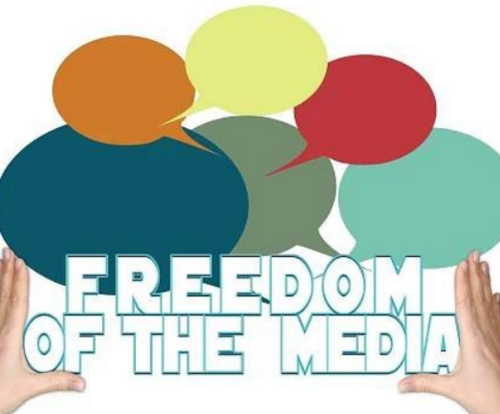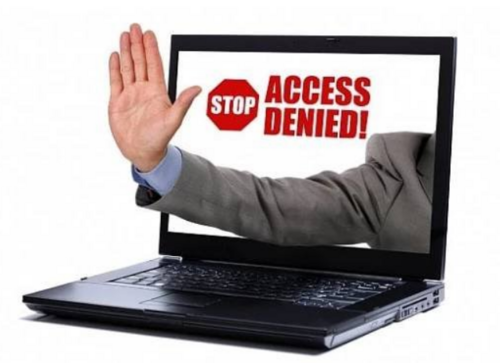
New rules for internet in Europe
Countries and EU members have agreed on new rules for internet content. Negotiators from the European Parliament and EU member states have agreed on new rules under which technology giants must more closely monitor the content on their platforms and pay fees to regulators monitoring their compliance. Thus, hate speech and other illegal content on the internet should be removed more quickly in the future.
The agreement has yet to be confirmed by the European Parliament and EU states, but this is considered a formality, wrote the agency DPA.
The digital services act (DSA) is the second point of the strategy of the European Commissioner for Competition, Margrethe Vestager, which aims to limit the power of the technology giants. The agreement was concluded after more than 16 hours of negotiations.
"We have a DSA agreement: the Digital Services Act will ensure that what is illegal offline is also perceived and addressed as illegal online – not as a slogan, as a reality," Vestager wrote on Twitter.

According to the DSA, companies face fines of up to six percent of their global turnover for violating the rules. In the event of repeated infringements, they could be prohibited from doing business in the EU.
The aim of the DSA is, among other things, to ensure that illegal content such as hate speech is removed more quickly from the network, that harmful disinformation and war propaganda are shared less, and that counterfeit products are sold less on internet marketplaces.
DSA is part of a large digital package proposed by the European Commission in December 2020. The second part is the digital markets act (DMA), for which the agreement was concluded at the end of March. The DMA aims above all to limit the market power of technology giants such as Google and Facebook with stricter rules.
One of the points at issue was, for example, the legislation under which the illegality in question would be assessed.
* * * * *
Many internet users comment on this as oppression of freedom of speech. "Still no one really knows what it is hateful content and what it is misinformation, it is not specified, so it can be anything and also it will still change, swearing at Putin is now allowed, but for exactly the same swearing at Ukrainians you can also go to prison, but the hateful content is exactly the same." Or another comment " And who will ensure that those who will carry out these "regulatory" interventions are so well versed in the law (they should actually be judges by profession, right?) to be able to evaluate the contributions immediately and to judge whether or not they comply with the law??? "
Governments are clearly eager to tighten their censorship measures. But we have this free platform – Markethive.
Thank you for reading
Margaret
Tim Moseley
